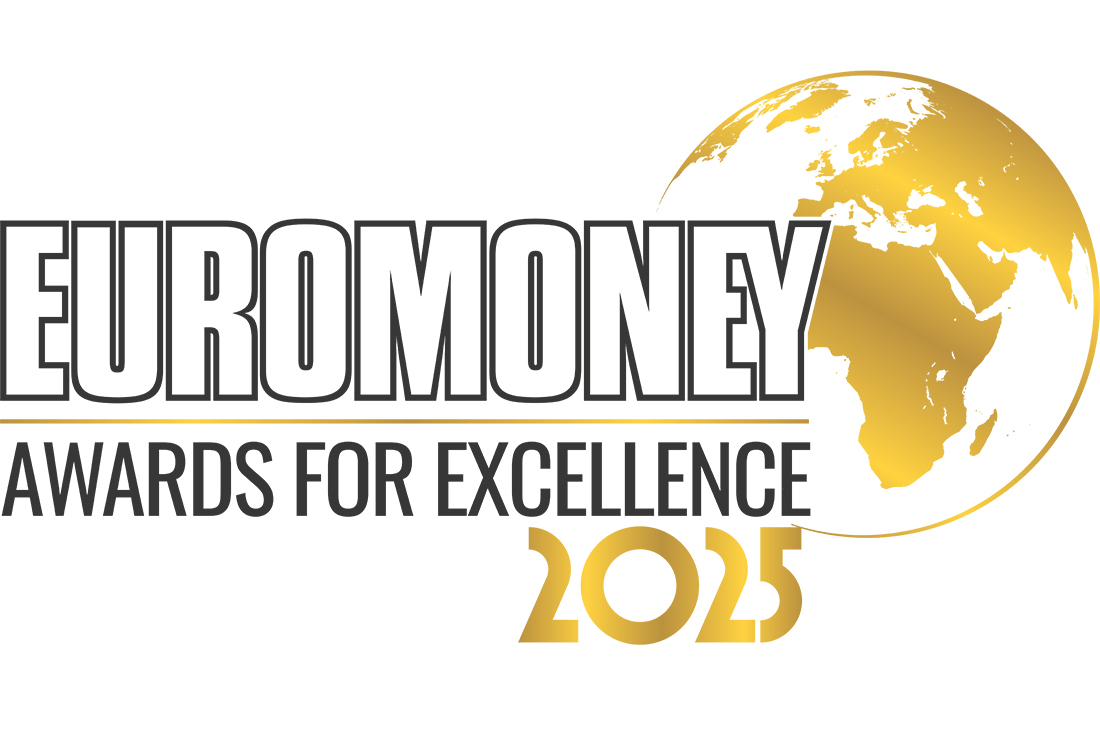First Abu Dhabi Bank’s (FAB) securities services franchise spent 2024 converting scale into concrete market share gains across the Middle East.
In its home market, the bank retained its position as the largest direct custodian, safeguarding roughly half of all assets held with licensed providers. This domestic strength was mirrored by rapid progress in Saudi Arabia, where FAB Capital surged from 32nd to sixth largest custodian within a single calendar year, an ascent that testifies to the appeal of its on-the-ground operating model and next-generation technology stack.
Thanks for your interest in Euromoney!
To unlock this article:

